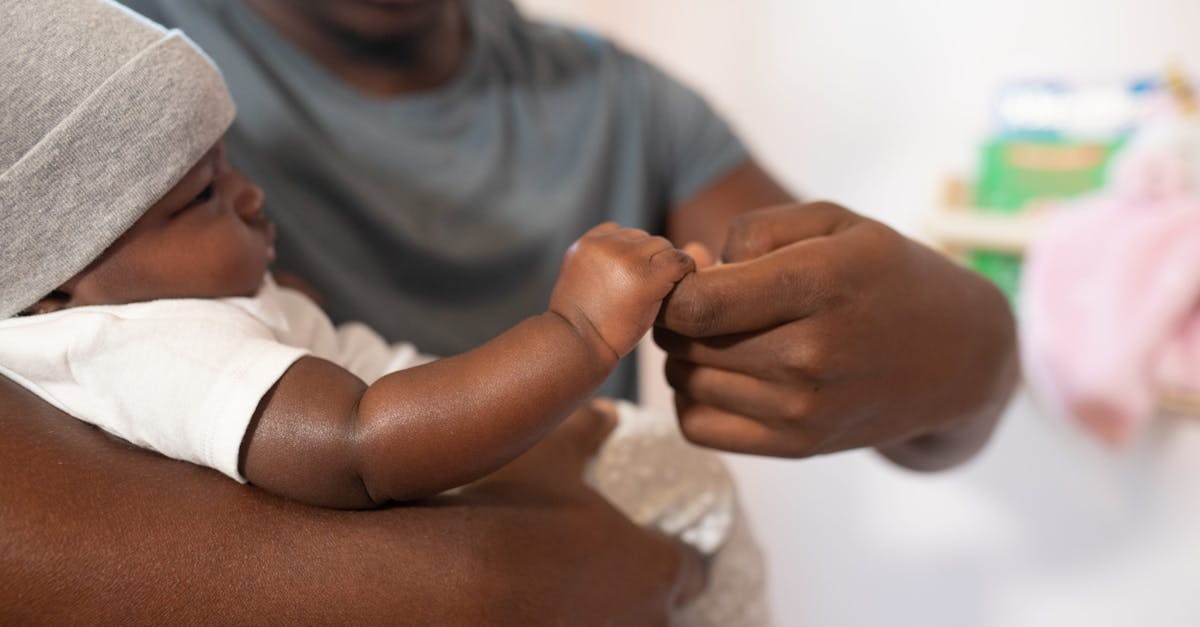Understanding Overattachment
Overattachment in children is often a double-edged sword. On one side, it indicates a strong bond, but on the other, it might hinder the child’s emotional development. Understanding overattachment and its impacts is vital for promoting healthy independence.
Children form attachments naturally, but when should you worry about overattachment? Here’s a friendly nudge to help you navigate this complex aspect of parenting.

Key points to remember:
- Overattachment can hinder a child’s emotional growth.
- Understanding the balance between attachment and independence is crucial.
- Communication and healthy boundaries play a significant role in managing overattachment.
Spotting the Signs
Recognizing overattachment begins with spotting the signs. Does your child get extremely anxious when you leave? Do they struggle to socialize without you?
- These could be indicators.
- Additionally, if your child shows discomfort in trying new things or has trouble sleeping alone, it might signal overattachment.
Don’t worry; many parents face this. Simple awareness is the first step in managing it.

Common Emotional Challenges
Overattachment can lead to common emotional challenges for both you and your child. You might feel suffocated, while your child grapples with feelings of anxiety or dependency. These include separation anxiety, low self-esteem, or difficulty adapting to new environments. Remember, it’s okay to seek help and talk about these issues. You’re not alone; many parents experience similar emotional hurdles.

Practical Advice for Parents
To address overattachment, start by gently encouraging independence. Introduce small changes, like short periods apart or initiating playdates. Praise your child for their efforts in trying new things independently. This builds their confidence and helps ease the transition. Additionally, setting consistent routines can provide a sense of security. Small steps can make a big difference.
When to Seek Professional Help
Sometimes, professional help is necessary. If your child’s overattachment significantly affects their daily life or emotional well-being, it’s time to seek advice from a child psychologist or counselor. They offer valuable tools and strategies to help your child develop healthy attachments. Remember, seeking help is a sign of strength, not failure.

Encouraging Reader Interaction
We’d love to hear your stories and tips about managing overattachment. Have you found creative ways to promote independence? Sharing your experience can provide support to other parents facing similar challenges. Feel free to leave comments and join the conversation! Your insights can make a big difference.

